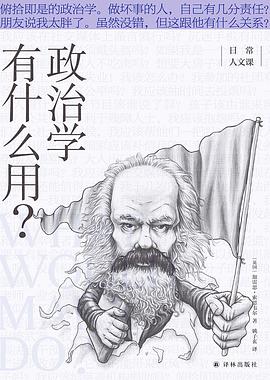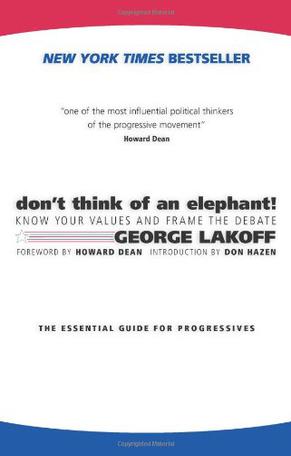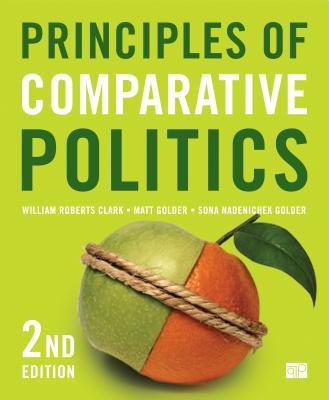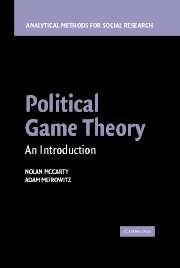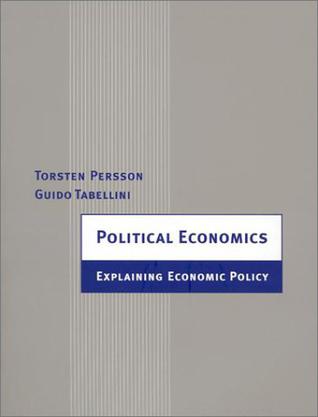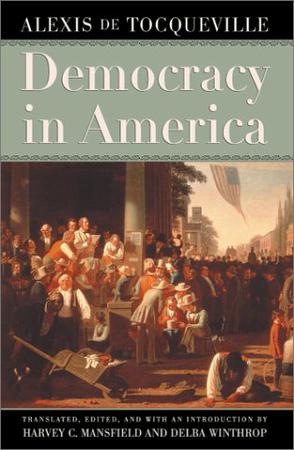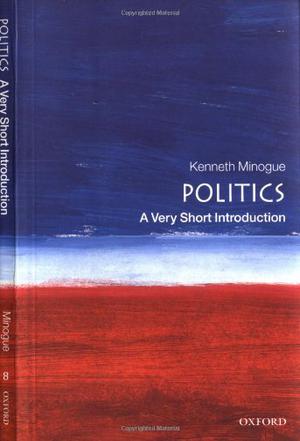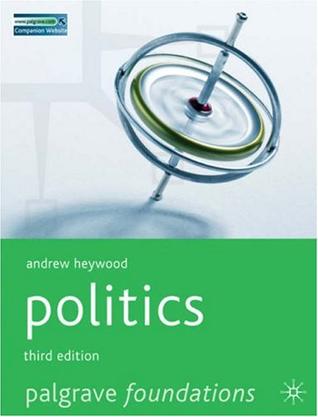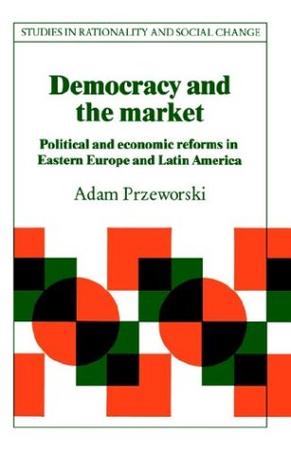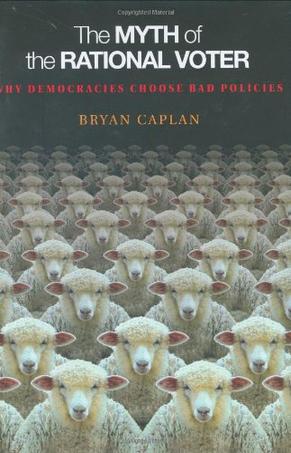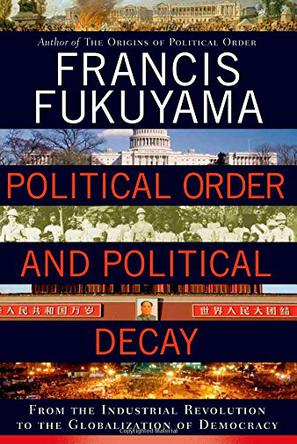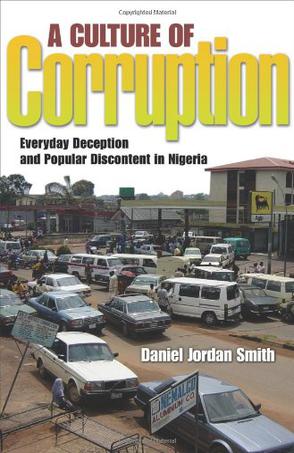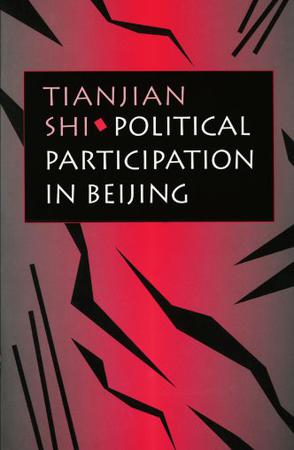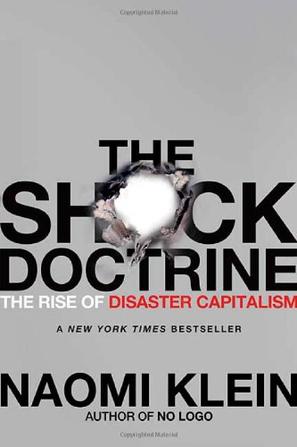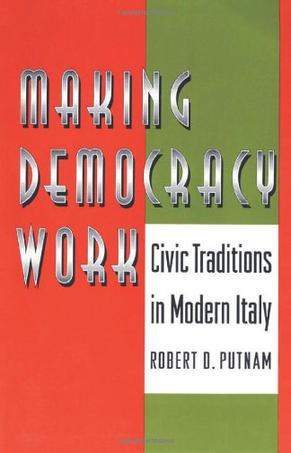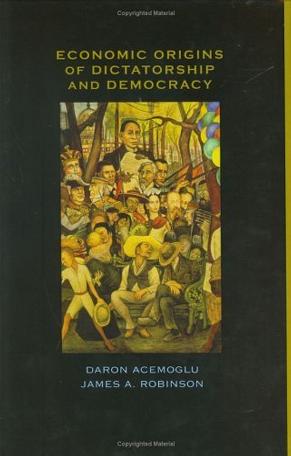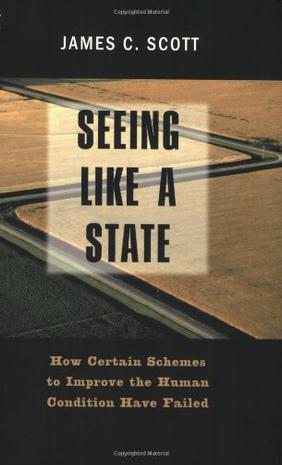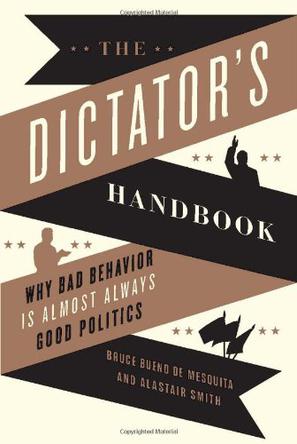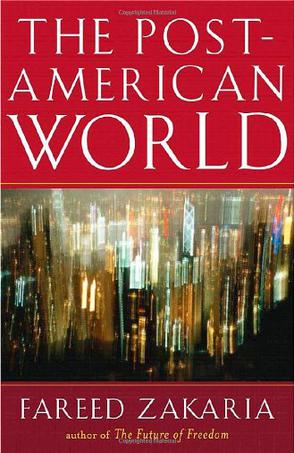欢迎来到相识电子书!
标签:Politics
-
政治学有什么用?
这是一本人人能读的实用政治学手册。
40个直击生活痛点的问题,涵盖自由、平等、权威、公正和权利的方方面面。
109位政治学巨擘,犀利点出日常情景所隐含的政治学内涵。
本书能令你跳出庸常思维,像政治学家一样思考。
—————————————————
苏格拉底曾说过:“未经反思的人生不值得过。”
“日常人文课”想告诉你:人生无处不反思!哪怕是柴米油盐的日常疑惑,也能从古往今来的人文大师那里得到靠谱的解答和接地气的建议。哲学会帮助你升华灵魂。政治学会教你解读世界和社会格局。女性主义能让你看穿无处不在的性别歧视。经济学会赋予你理性经济人的思维模式。心理分析会使你更好地认识你自己。
翻开这套书,你将学会过一种经过反思的生活。
—————————————————
读者一旦读了这本书,一定会明显增进自己的政治学知识。政治学不在远处,就在身边。这就是本书不可忽视的价值所在。
——清华大学政治学系长聘教授 任剑涛
-
Political Game Theory
Political Game Theory is a self-contained introduction to game theory and its applications to political science. The book presents choice theory, social choice theory, static and dynamic games of complete information, static and dynamic games of incomplete information, repeated games, bargaining theory, mechanism design and a mathematical appendix covering, logic, real analysis, calculus and probability theory. The methods employed have many applications in various disciplines including comparative politics, international relations and American politics. Political Game Theory is tailored to students without extensive backgrounds in mathematics, and traditional economics, however there are also many special sections that present technical material that will appeal to more advanced students. A large number of exercises are also provided to practice the skills and techniques discussed. Contents 1. Introduction; 2. The theory of choice; 3. Choice under uncertainty; 4. Social choice theory; 5. Games in the normal form; 6. Bayesian games in the normal form; 7. Extensive form games; 8. Dynamic games of incomplete information; 9. Repeated games; 10. Bargaining theory; 11. Mechanism design and agency theory; 12. Mathematical appendix. -
Political Economics
What determines the size and form of redistributive programs, the extent and type of public goods provision, the burden of taxation across alternative tax bases, the size of government deficits, and the stance of monetary policy during the course of business and electoral cycles? A large and rapidly growing literature in political economics attempts to answer these questions. But so far there is little consensus on the answers and disagreement on the appropriate mode of analysis.Combining the best of three separate traditions--the theory of macroeconomic policy, public choice, and rational choice in political science--Torsten Persson and Guido Tabellini suggest a unified approach to the field. As in modern macroeconomics, individual citizens behave rationally, their preferences over economic outcomes inducing preferences over policy. As in public choice, the delegation of policy decisions to elected representatives may give rise to agency problems between voters and politicians. And, as in rational choice, political institutions shape the procedures for setting policy and electing politicians. The authors outline a common method of analysis, establish several new results, and identify the main outstanding problems. -
Democracy in America
Alexis de Tocqueville (1805-59) came to America in 1831 to see what a great republic was like. What struck him most was the country's equality of conditions, its democracy. The book he wrote on his return to France, Democracy in America, is both the best ever written on democracy and the best ever written on America. It remains the most often quoted book about the United States, not only because it has something to interest and please everyone, but also because it has something to teach everyone. When it was published in 2000, Harvey Mansfield and Delba Winthrop's new translation of Democracy in America—only the third since the original two-volume work was published in 1835 and 1840—was lauded in all quarters as the finest and most definitive edition of Tocqueville's classic thus far. Mansfield and Winthrop have restored the nuances of Tocqueville's language, with the expressed goal "to convey Tocqueville's thought as he held it rather than to restate it in comparable terms of today." The result is a translation with minimal interpretation, but with impeccable annotations of unfamiliar references and a masterful introduction placing the work and its author in the broader contexts of political philosophy and statesmanship. -
Politics
In this provocative but balanced essay, Kenneth Minogue discusses the development of politics from the ancient world to the twentieth century. He prompts us to consider why political systems evolve, how politics offers both power and order in our society, whether democracy is always a good thing, and what future politics may have in the twenty-first century. -
Politics, Third Edition (Palgrave Foundations)
Stimulating, succinct ,and accessible, this highly successful text offers a truly comprehensive introduction to the study of politics, written from an international perspective. This third edition of Politics has a new chapter on the mass media and political communication and contains substantial new material on developments such as the "War on Terror," identity politics and multiculturalism, and state transformation. It also takes into account throughout of the increasing importance of the global dimension of politics, and features new boxed material on major thinkers and key concepts. -
Democracy and the Market
The quest for freedom from hunger and repression has triggered in recent years a dramatic, worldwide reform of political and economic systems. Never have so many people enjoyed, or at least experimented with democratic institutions. However, many strategies for economic development in Eastern Europe and Latin America have failed with the result that entire economic systems on both continents are being transformed. This major book analyzes recent transitions to democracy and market-oriented economic reforms in Eastern Europe and Latin America. Drawing in a quite distinctive way on models derived from political philosophy, economics, and game theory, Professor Przeworski also considers specific data on individual countries. Among the questions raised by the book are: What should we expect from these experiments in democracy and market economy? What new economic systems will emerge? Will these transitions result in new democracies or old dictatorships? -
民治政府
美国哲学社会科学名著丛书 -
Political Order and Political Decay
The second volume of the bestselling landmark work on the history of the modern state Writing in The Wall Street Journal, David Gress called Francis Fukuyama’s Origins of Political Order “magisterial in its learning and admirably immodest in its ambition.” In The New York Times Book Review, Michael Lind described the book as “a major achievement by one of the leading public intellectuals of our time.” And in The Washington Post, Gerard DeGrott exclaimed “this is a book that will be remembered. Bring on volume two.” Volume two is finally here, completing the most important work of political thought in at least a generation. Taking up the essential question of how societies develop strong, impersonal, and accountable political institutions, Fukuyama follows the story from the French Revolution to the so-called Arab Spring and the deep dysfunctions of contemporary American politics. He examines the effects of corruption on governance, and why some societies have been successful at rooting it out. He explores the different legacies of colonialism in Latin America, Africa, and Asia, and offers a clear-eyed account of why some regions have thrived and developed more quickly than others. And he boldly reckons with the future of democracy in the face of a rising global middle class and entrenched political paralysis in the West. A sweeping, masterful account of the struggle to create a well-functioning modern state, Political Order and Political Decay is destined to be a classic. -
A Culture of Corruption
E-mails proposing an "urgent business relationship" help make fraud Nigeria's largest source of foreign revenue after oil. But scams are also a central part of Nigeria's domestic cultural landscape. Corruption is so widespread in Nigeria that its citizens call it simply "the Nigerian factor." Willing or unwilling participants in corruption at every turn, Nigerians are deeply ambivalent about it--resigning themselves to it, justifying it, or complaining about it. They are painfully aware of the damage corruption does to their country and see themselves as their own worst enemies, but they have been unable to stop it. A Culture of Corruption is a profound and sympathetic attempt to understand the dilemmas average Nigerians face every day as they try to get ahead--or just survive--in a society riddled with corruption. Drawing on firsthand experience, Daniel Jordan Smith paints a vivid portrait of Nigerian corruption--of nationwide fuel shortages in Africa's oil-producing giant, Internet cafés where the young launch their e-mail scams, checkpoints where drivers must bribe police, bogus organizations that siphon development aid, and houses painted with the fraud-preventive words "not for sale." This is a country where "419"--the number of an antifraud statute--has become an inescapable part of the culture, and so universal as a metaphor for deception that even a betrayed lover can say, "He played me 419." It is impossible to comprehend Nigeria today--from vigilantism and resurgent ethnic nationalism to rising Pentecostalism and accusations of witchcraft and cannibalism--without understanding the role played by corruption and popular reactions to it. -
Political Participation in Beijing
In this first scientific survey of political participation in the People's Republic of China, Tianjian Shi identifies twenty-eight participatory acts and groups them into seven areas: voting, campaign activities, appeals, adversarial activities, cronyism, resistance, and boycotts. What he finds will surprise many observers. Political participation in a closed society is not necessarily characterized by passive citizens driven by regime mobilization aimed at carrying out predetermined goals. Beijing citizens acknowledge that they actively engage in various voluntary participatory acts to articulate their interests. In a society where communication channels are controlled by the government, Shi discovers, access to information from unofficial means becomes the single most important determinant for people's engaging in participatory acts. Government-sponsored channels of appeal are easily accessible to ordinary citizens, so socioeconomic resources are unimportant in determining who uses these channels. Instead, voter turnout is found to be associated with the type of work unit a person belongs to, subjective evaluations of one's own economic status, and party affiliation. Those most likely to engage in campaign activities, adversarial activities, cronyism, resistance, and boycotts are the more disadvantaged groups in Beijing. While political participation in the West fosters a sense of identification, the unconventional modes of participation in Beijing undermine the existing political order. -
The Shock Doctrine
The bestselling author of No Logo shows how the global free market has exploited crises and shock for three decades, from Chile to Iraq In her groundbreaking reporting over the past few years, Naomi Klein introduced the term disaster capitalism. Whether covering Baghdad after the U.S. occupation, Sri Lanka in the wake of the tsunami, or New Orleans post-Katrina, she witnessed something remarkably similar. People still reeling from catastrophe were being hit again, this time with economic shock treatment, losing their land and homes to rapid-fire corporate makeovers. The Shock Doctrine retells the story of the most dominant ideology of our time, Milton Friedman s free market economic revolution. In contrast to the popular myth of this movement s peaceful global victory, Klein shows how it has exploited moments of shock and extreme violence in order to implement its economic policies in so many parts of the world from Latin America and Eastern Europe to South Africa, Russia, and Iraq. At the core of disaster capitalism is the use of cataclysmic events to advance radical privatization combined with the privatization of the disaster response itself. Klein argues that by capitalizing on crises, created by nature or war, the disaster capitalism complex now exists as a booming new economy, and is the violent culmination of a radical economic project that has been incubating for fifty years. From Publishers Weekly The neo-liberal economic policies—privatization, free trade, slashed social spending—that the Chicago School and the economist Milton Friedman have foisted on the world are catastrophic in two senses, argues this vigorous polemic. Because their results are disastrous—depressions, mass poverty, private corporations looting public wealth, by the author's accounting—their means must be cataclysmic, dependent on political upheavals and natural disasters as coercive pretexts for free-market reforms the public would normally reject. Journalist Klein (No Logo) chronicles decades of such disasters, including the Chicago School makeovers launched by South American coups; the corrupt sale of Russia's state economy to oligarchs following the collapse of the Soviet Union; the privatization of New Orleans's public schools after Katrina; and the seizure of wrecked fishing villages by resort developers after the Asian tsunami. Klein's economic and political analyses are not always meticulous. Likening free-market shock therapies to electroshock torture, she conflates every misdeed of right-wing dictatorships with their economic programs and paints a too simplistic picture of the Iraq conflict as a struggle over American-imposed neo-liberalism. Still, much of her critique hits home, as she demonstrates how free-market ideologues welcome, and provoke, the collapse of other people's economies. The result is a powerful populist indictment of economic orthodoxy. -
Making Democracy Work
Why do some democratic governments succeed and others fail? In a book that has received attention from policymakers and civic activists in America and around the world, Robert Putnam and his collaborators offer empirical evidence for the importance of "civic community" in developing successful institutions. Their focus is on a unique experiment begun in 1970 when Italy created new governments for each of its regions. After spending two decades analyzing the efficacy of these governments in such fields as agriculture, housing, and health services, they reveal patterns of associationism, trust, and cooperation that facilitate good governance and economic prosperity. -
Economic Origins of Dictatorship and Democracy
What forces lead to democracy's creation? Why does it sometimes consolidate only to collapse at other times? Written by two of the foremost authorities on this subject in the world, this volume develops a framework for analyzing the creation and consolidation of democracy. It revolutionizes scholarship on the factors underlying government and popular movements toward democracy or dictatorship. Daron Acemoglu and James Robinson argue that different social groups prefer different political institutions because of the way they allocate political power and resources. Their book, the subject of a four-day seminar at Harvard's Center for Basic Research in the Social Sciences, was also the basis for the Walras-Bowley lecture at the joint meetings of the European Economic Association and Econometric Society in 2003 and is the winner of the John Bates Clark Medal. -
Seeing Like a State
Compulsory ujamaa villages in Tanzania, collectivization in Russia, Le Corbusier's urban planning theory realized in Brasilia, the Great Leap Forward in China, agricultural "modernization" in the Tropics -- the twentieth century has been racked by grand utopian schemes that have inadvertently brought death and disruption to millions. Why do well-intentioned plans for improving the human condition go tragically awry? In this wide-ranging and original book, James C. Scott analyzes failed cases of large-scale authoritarian plans in a variety of fields. Centrally managed social plans misfire, Scott argues, when they impose schematic visions that do violence to complex interdependencies that are not -- and cannot -- be fully understood. Further, the success of designs for social organization depends upon the recognition that local, practical knowledge is as important as formal, epistemic knowledge. The author builds a persuasive case against "development theory" and imperialistic state planning that disregards the values, desires, and objections of its subjects. He identifies and discusses four conditions common to all planning disasters: administrative ordering of nature and society by the state; a "high-modernist ideology" that places confidence in the ability of science to improve every aspect of human life; a willingness to use authoritarian state power to effect large-scale interventions; and a prostrate civil society that cannot effectively resist such plans. "A broad-ranging, theoretically important, and empirically grounded treatment of the modern state and its propensity to simplify and make legible a society which by nature is complex and opaque. For anyone interested inlearning about this fundamental tension of modernity and about the destruction wrought in the twentieth century as a consequence of the dominant development ideology of the simplifying state, this is a must-read". -- Daniel Jonah Goldhagen, author of Hitler's Willing Executioners -
The Dictator's Handbook
In this title, two renowned political scientists make the contrarian, research-based case that - regardless of any other factors political scientists or historians may find relevant - the calculations and actions of rulers are the driving force of all politics, and the primary goal of rulers is to maintain power as long as possible. In this clever and accessible book, Bueno de Mesquita and Smith introduce us to their perspective of the political world. They bare the logic of politics, starting from the simple premise that leaders pursue their own ends, and that populations either have, or more often don't have, the power to constrain them to a significant degree. The book is organized by a series interconnected questions, among them: Why do leaders who wreck their countries keep their jobs for so long? Why do autocracies have dismal economic policies? How are there so many suffering people in resource-rich lands? Why do 'natural disasters' disproportionately strike poor nations? Why do 'evil-doers' so often collect loads of foreign aid? Why are democracies so good at war? In answering these questions, the authors look at politics, the choices of public policies, and even decisions about war and peace as lying outside of conventional thinking about culture and history. They set aside ideas of civic virtue and psychopathology. Such notions simply are not central to understanding what leaders do and why they do it. Instead, Bueno de Mesquita and Smith see politicians as self-interested louts, just the sort of people you wouldn't want to have over for dinner, but without whom you might not have dinner at all. And from this perspective, they are able to answer some perplexing mysteries of politics, shed light on what we read in the newspapers every single day, and offer realistic ways of improving human governance. -
The Post-American World
"This is not a book about the decline of America, but rather about the rise of everyone else." So begins Fareed Zakaria's important new work on the era we are now entering. Following on the success of his best-selling The Future of Freedom, Zakaria describes with equal prescience a world in which the United States will no longer dominate the global economy, orchestrate geopolitics, or overwhelm cultures. He sees the "rise of the rest" the growth of countries like China, India, Brazil, Russia, and many others as the great story of our time, and one that will reshape the world. The tallest buildings, biggest dams, largest-selling movies, and most advanced cell phones are all being built outside the United States. This economic growth is producing political confidence, national pride, and potentially international problems. How should the United States understand and thrive in this rapidly changing international climate? What does it mean to live in a truly global era? Zakaria answers these questions with his customary lucidity, insight, and imagination.
热门标签
下载排行榜
- 1 梦的解析:最佳译本
- 2 李鸿章全传
- 3 淡定的智慧
- 4 心理操控术
- 5 哈佛口才课
- 6 俗世奇人
- 7 日瓦戈医生
- 8 笑死你的逻辑学
- 9 历史老师没教过的历史
- 10 1分钟和陌生人成为朋友

